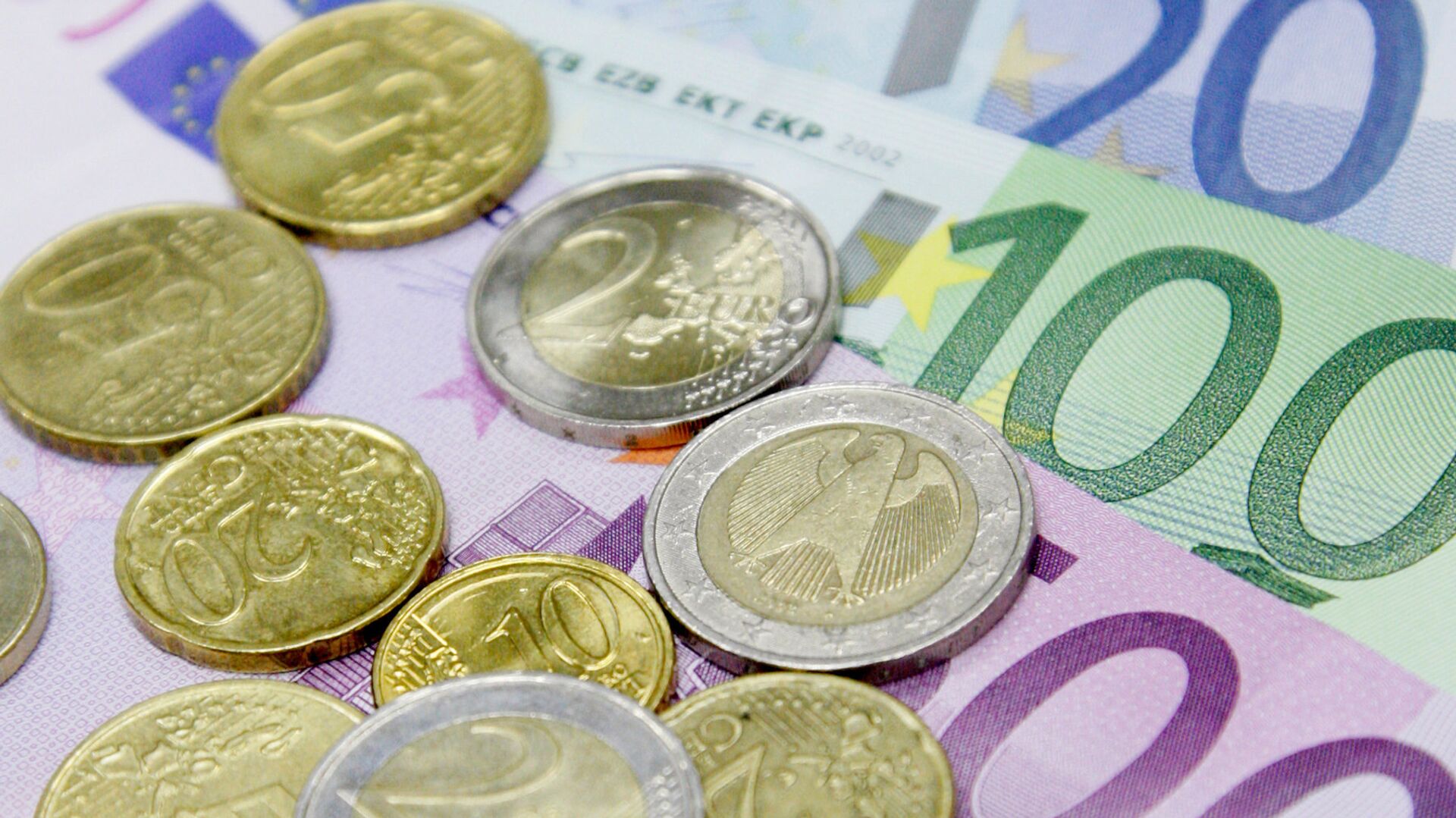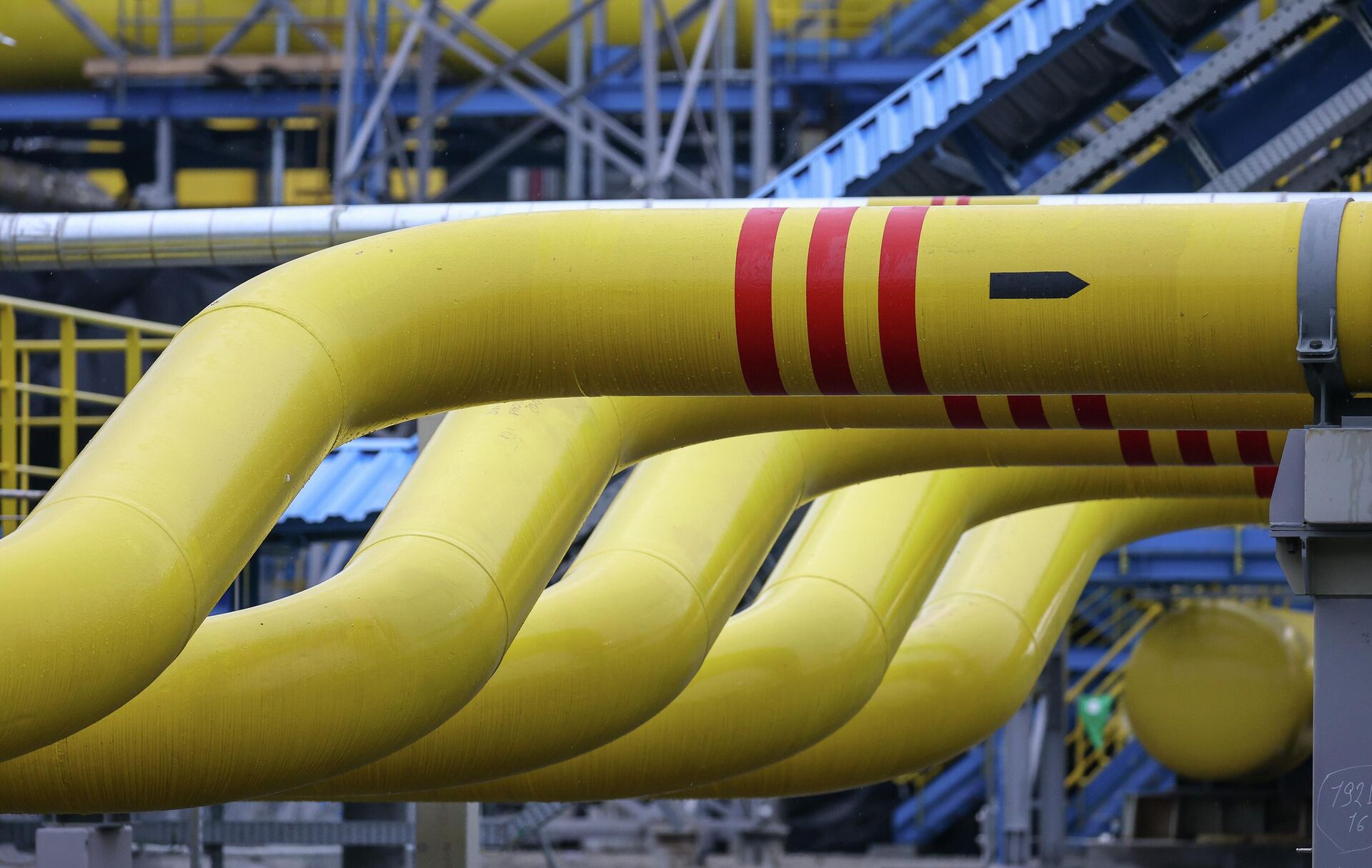Two-Thirds of Austrians Concerned About Their Financial Situation, Poll Suggests

© Sputnik / Anton Denisov
/ Subscribe
VIENNA (Sputnik) - Two-thirds of Austrian citizens are concerned about their financial situation due to rising energy and food prices, with every sixth household using loans to cover its fixed costs, according to a poll published on Friday by the durchblicker.at online portal, which compares tariffs and costs of services in the country.
"Two-thirds — more than in the last poll in April this year — expressed serious concern about their financial situation. In April, eight out of 10 households said they had already felt the effects of price increases, and now there are over 90%. Every sixth household must now use a loan or overdraft to cover its fixed costs. One in nine households is currently unable to cover its fixed costs," the portal said in a statement.
According to the poll, 96% of respondents expect their fixed costs to continue growing, and 93% plan to limit their everyday expenses. Meanwhile, 77% of interviewees have already reduced their spending on food and beverages, 69% are buying fewer clothes, and 63% are saving on travel.
Moreover, 52% of Austrians do not believe that aid packages provided by the government will be enough to address the crisis. As a result, four out of 10 households are currently trying to reduce their energy consumption for electricity (41%) and heating (39%).
Only 7% of citizens remain optimistic and expect their financial situation to remain the same or improve, according to the study.
The poll was conducted in Austria from August 25-29 and September 22-29. In total, 1,700 people aged 18 and over participated in the survey. The statistical margin of error is not reported.

A view shows gas metering units at the Gazprom's Amur Gas Processing Plant near the town of Svobodny, Amur Region, Russia. The plant was launched on June 9, 2021
© Sputnik / Pavel Lvov
/ Since the beginning of the year, EU member states, including Austria, have been facing accelerating inflation, caused in part by Western sanctions against Russia over Ukraine. Most consumers consider inflation a top-priority problem, given the rising food and energy prices, and cuts to spending power.
In September, Austria faced mass protests amid the economic crisis, with demonstrators demanding that the government take steps to fight inflation and rising prices. Austrian Chancellor Karl Nehammer and his Austrian People's Party (OVP) have voiced support for EU sanctions against Russia, but strongly opposed the imposition of a gas embargo on Moscow. The OVP has urged the bloc to continue energy cooperation with the country, stressing the impossibility of organizing high-quality and cheap energy supplies to Austria and Europe that bypass Russia in the foreseeable future.
In addition, the Austrian government has taken a number of measures to help the population suffering from the ongoing energy crisis. In particular, in early September, Vienna announced a freeze in electricity prices which is expected to apply from December 1, 2022, until June 30, 2024. The authorities plan to offer partial compensation for people's electricity costs within a consumption limit of 2900 kWh. Thus, a household will be able to save around 500 euros ($488) per year.
The authorities have also stated their intention to provide national companies with 1.3 billion euros to compensate energy costs, Nehammer said in late September.

